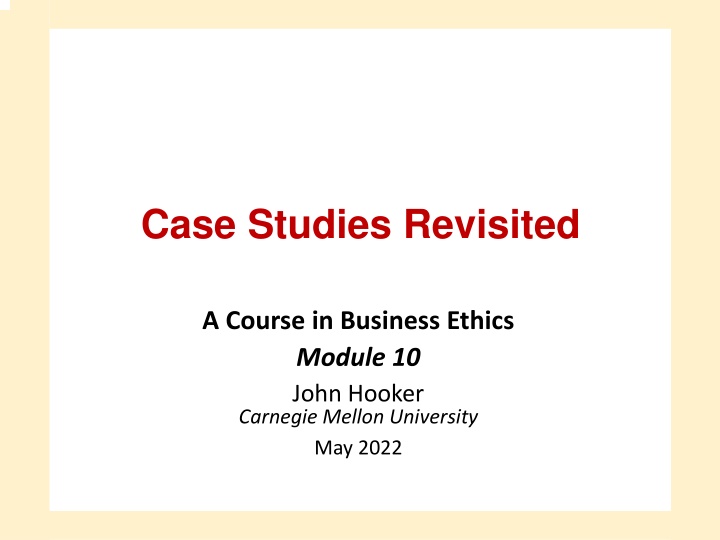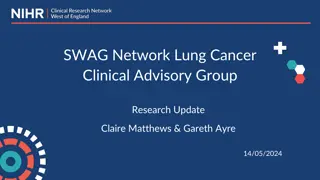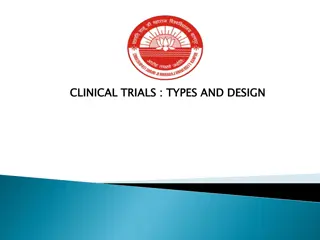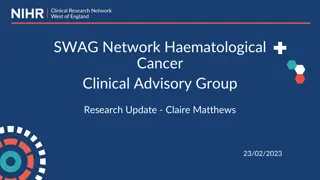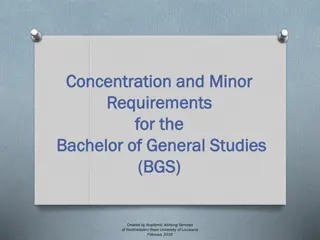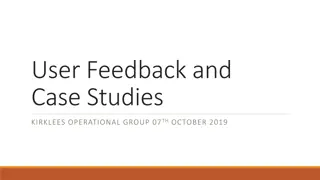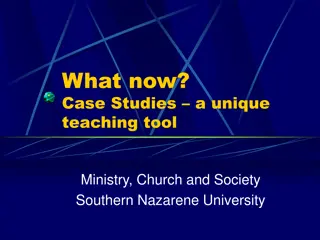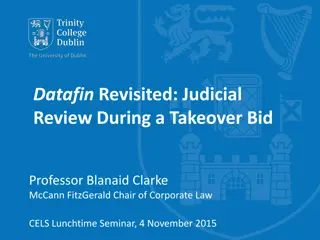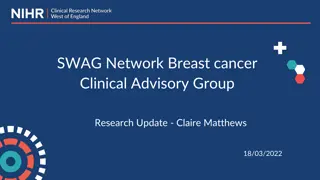Case Studies Revisited
In this course module, various ethical dilemmas are explored through case studies such as the Ford Pinto and Guidant Corporation. The discussion delves into the utilitarian principle, violation of autonomy, and the generalization principle, providing critical insights into decision-making processes in business ethics. Through analyzing real-world examples, the complexities of ethical considerations in corporate decision-making are examined thoroughly.
Download Presentation

Please find below an Image/Link to download the presentation.
The content on the website is provided AS IS for your information and personal use only. It may not be sold, licensed, or shared on other websites without obtaining consent from the author.If you encounter any issues during the download, it is possible that the publisher has removed the file from their server.
You are allowed to download the files provided on this website for personal or commercial use, subject to the condition that they are used lawfully. All files are the property of their respective owners.
The content on the website is provided AS IS for your information and personal use only. It may not be sold, licensed, or shared on other websites without obtaining consent from the author.
E N D
Presentation Transcript
Case Studies Revisited A Course in Business Ethics Module 10 John Hooker Carnegie Mellon University May 2022
Ford Pinto The cost-benefit analysis was a legitimate utilitarian calculation. Considered net expected utility, measured in monetary terms. Not just company cost. Failure to fix the defect may well have satisfied the utilitarian principle. But there are two other principles to satisfy! 2
Ford Pinto Failure to fix violates autonomy. Ford was rationally constrained to believe that the defect would cause serious injury or death for at least one person. In fact, many people (as assumed by Ford s cost/benefit analysis). This is violation of autonomy without informed consent. 3
Ford Pinto Failure to fix violates autonomy. Why no informed consent? True, all car manufacturers are rationally constrained to believe that people will be killed in their cars. But customers give informed consent to this risk, because they assume the normal risks of driving. A defective gas tank is not normal and therefore not a risk assumed by the customer. 4
Ford Pinto Failure to fix may violate generalization principle. Violation of implied warranty. There is an implied agreement that the product is fit for the purpose for which it is sold (warranty of merchantability). Perhaps a car that can explode in low-speed collisions is unfit for driving your kids to school (for example). Violation of this agreement, merely for profit or convenience, is contrary to generalization principle. 5
Guidant Corporation Guidant s decision conforms to utilitarian principle. It minimized risk for 14,000 patients. Would have potentially saved 100-200 lives. If problem had not been broadcast by news media. 6
Guidant Corporation Guidant s decision conforms to utilitarian principle. It minimized risk for 14,000 patients. Would have potentially saved 100-200 lives. If problem had not been broadcast by news media. This is a factual claim. If it is false, the analysis is different. Possibly, the risk of replacement is predictably lower for some patients, but for the sake of argument we assume otherwise. 7
Guidant Corporation Violation of autonomy? Patients have a right to know about their health status? A right claim is not an argument. But patients want to know. The autonomy principle doesn t require us to give people anything they want just because they want it. 8
Guidant Corporation Violation of autonomy? Did Guidant interfere with patient s action plan to be informed of risk? This is not an action plan. An action plan must involve an action by the agent. Informing the patient is an action taken by the company. No interference with action plans. 9
Guidant Corporation Violation of autonomy? Exposure to lethal risk without informed or implied consent? In the Ford case, failure to fix the defect was violation of autonomy without implied consent. Failure to recall exposed customers to continued unnecessary risk without implied consent. However, Guidant fixed the defect. Failure to recall did not expose patients to continued unnecessary risk. If replacement had lower risk, this would be an autonomy violation. 10
Guidant Corporation Violation of autonomy? Suppose the facts are somewhat different The risk of replacement is known to be less than risk of malfunction for young people. Then failure to notify young people is a violation of autonomy, since it increases risk without informed consent. Older patients may learn of the defect and demand replacement, increasing their risk. But they give informed consent to the higher risk, & there is no autonomy violation. Behavior of older patients may result in less utility than informing no one. But utility maximization need only consider options that satisfy other principles (autonomy). 11
Guidant Corporation Violation of generalization principle? Implied warranty perhaps not an issue. Defibrillator was fit for the purpose for which it was sold. Patients are willing to replace it, even though the risk of replacement is higher than the original risk of failure. So they presumably would have been willing to receive the implant in full knowledge of the risk. 12
Guidant Corporation Is it deception? Deception is causing someone to believe something you know is false. Failure to notify doesn t obviously cause patients to believe the device is safer than it is. It may cause patients to believe that no (significant?) defect has been discovered. This may be ungeneralizable if the reason for not notifying is to cause them to believe this. But the reason is only to reduce risk, which may be generalizable (already generalized?). 13
Guidant Corporation Conclusion Guidant made an ethical choice. It was a hard choice that was hard to defend. But without analysis, the ethical path is uncharted as well as hard. Given slightly different facts, the choice would have been unethical. 14
Guidant Corporation Follow-up. Guidant later got into legal trouble. For failing to notify FDA of additional problems with its defibrillator, and continuing to sell some defective devices. FDA also found quality control problems at plants. Guidant sentenced in 2011 to pay $296 million in fines and forfeiture. 15
Further reading Dennis A. Gioia, Pinto fires and personal ethics: A script analysis of missed opportunities, Journal of Business Ethics 11 (1992). Martin E. Sandbu, Dicing with death? A case study of Guidant Corporation's implantable defibrillator business. In M. W. Hoffman et al., Readings and Cases in Corporate Morality, 5th ed. (2014). 16
